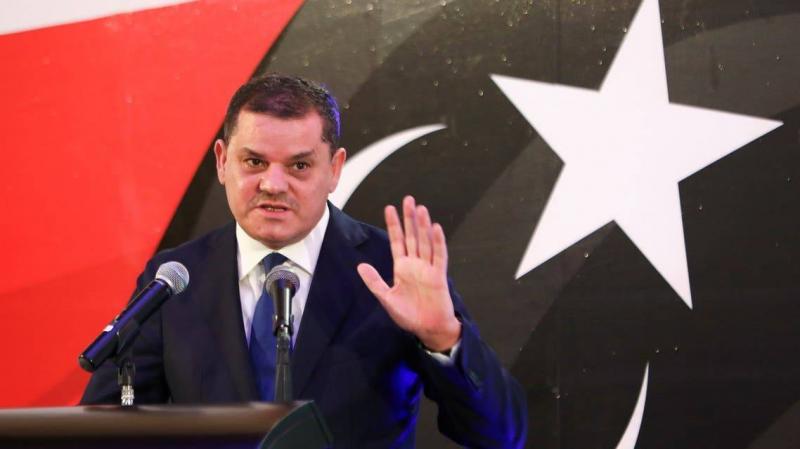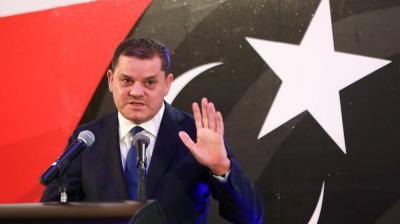Conflicts continue to overshadow the relationship between the Libyan government and the parliament, which has threatened multiple times to withdraw its confidence. However, the tone of the discourse has intensified in recent days between Prime Minister Abdul Hamid Dbeibah and members of the parliament, suggesting a potential collapse of the agreements made in Geneva that led to the formation of a new government preparing for the upcoming parliamentary elections on December 24.
The parliament session scheduled for tomorrow, Monday, at its headquarters in Tobruk, in the far east of the country, is expected to witness heated discussions regarding the withdrawal of confidence from the government, which threatens to unravel the agreements between the conflicting Libyan parties and return matters to square one. Over the past weeks, Dbeibah, who assumed office in March, has rejected threats to withdraw confidence, accusing the parliament of obstructing his work. Meanwhile, the House of Representatives has accused the Prime Minister of inflating the state budget. The Speaker of the House, Aguila Saleh, stated, "Dbeibah claims that we have not provided him with a budget, while we have allowed him to spend, and he has so far expended about 40 billion Libyan dinars." He also confirmed that the problem lies in Dbeibah's continuous requests every 15 days for budget amendments and postponements.
It should be noted that the parliament has set a session for questioning the government tomorrow, following a request from 30 members to withdraw confidence due to administrative and financial violations. Meanwhile, 31 members of the "Libyan Political Dialogue Forum" have called on the United Nations mission in a letter to hold an emergency session to address serious issues hindering the roadmap and obstructing the country's stability. These challenges arise as the international community continues to emphasize the importance of conducting the general elections on schedule, insisting on the necessity of implementing what was agreed upon among the parties under UN sponsorship during several conferences and rounds held over the past years. It is worth mentioning that on February 5 of last year, members of the Libyan dialogue forum, under UN sponsorship in the Swiss capital Geneva, voted to elect Abdul Hamid Dbeibah as Prime Minister, Mohamed Yunus al-Menfi as the head of the Presidential Council, and elected Musa al-Koni and Abdullah Hussein al-Lafi as members of the council.




